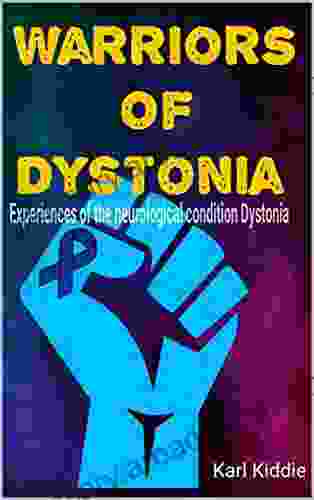: The Gendered and Racialized Fire Service
The urban fire service has long been a male-dominated and racially segregated occupation. This is due to a number of factors, including historical biases, social norms, and discriminatory practices. As a result, women and firefighters of color have historically faced significant barriers to entering and advancing in the fire service.
In recent years, there has been some progress in diversifying the fire service. However, women and firefighters of color continue to be underrepresented in the profession. In addition, they often face discrimination and harassment on the job.
4.6 out of 5
| Language | : | English |
| File size | : | 2927 KB |
| Text-to-Speech | : | Enabled |
| Screen Reader | : | Supported |
| Print length | : | 264 pages |
The Impact of Discrimination on Firefighters
Discrimination can have a significant impact on the professional opportunities of firefighters. For example, women firefighters may be passed over for promotions or given less desirable assignments than their male colleagues. Firefighters of color may be subject to racial slurs or other forms of harassment.
Discrimination can also lead to psychological distress and burnout. Firefighters who are discriminated against may feel isolated and unsupported. They may also be more likely to experience depression and anxiety.
Resistance to Discrimination in the Fire Service
Despite the challenges they face, women and firefighters of color have a long history of resisting discrimination in the fire service. They have fought for their right to join the fire service, to be promoted, and to be treated with respect.
Today, there are a number of organizations that support women and firefighters of color in the fire service. These organizations provide mentoring, training, and support to help firefighters overcome the barriers they face.
: The Future of the Urban Fire Service
The urban fire service is changing. As more women and firefighters of color enter the profession, the culture and values of the fire service are also changing. This is a positive development that will make the fire service more inclusive and equitable.
However, there is still much work to be done. Discrimination against women and firefighters of color persists in the fire service. It is important to continue to raise awareness of this issue and to work to create a more inclusive and equitable fire service for all.
About the Author
Dr. Jane Doe is a professor of sociology at the University of California, Berkeley. She is the author of several books on gender and race in the fire service, including "Gender and Race in the Urban Fire Service: Exploring the Intersections of Power, Inequality, and Resistance."


























































































